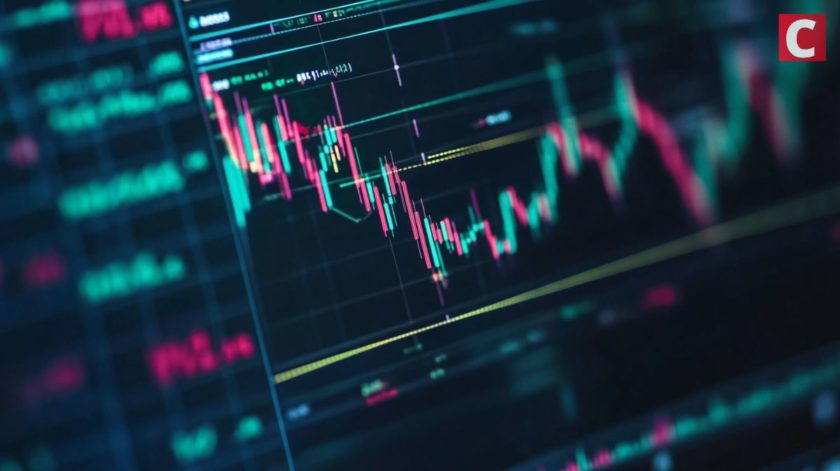JPMorgan Chase, one of the largest global banking corporations based in the United States, has reached worldwide influence with its blockchain-powered Interbank Information Network, a service that allows banks to share information fast and easily.
The Director of Financial Sales Corporation Daizaburo Arai, based in the Tokyo branch of the company, said that the service is functional in Europe, the US and Asia across multitudinous financial institutions as Japanese banks have started showing a growing interest in participating in the network.
Japan, although not yet a participant, will begin operations at the beginning of next year. By doing so, Japanese banks receive he advantage of being able to locate global transactions of criminal or malicious forces immediately and tackle the growing issue of money laundering. 79 out of 365 financial institutions across the world which have announced that they will be participating in the network are currently based in Japan.
Via blockchain technology, Interbank Information Network allows efficient inquiry by distinguishing transfer of funds and exchange of information regarding the transfer during transactions on a global scale. SWIFT, the traditional international interbank communication network, might send confirmation in days because it can not send the information directly due to agency agreements. However, with JPMorgan’s Interbank Information Network, information of transactions can be received immediately through the blockchain system.
The Interbank Information Network is one of many initiatives that are being created through digital ledger technology that decreases the time it takes for international transactions to take place. Major companies like Facebook have also started developing blockchain payment methods to increase the speed of transfers.
JPMorgan launched the network, which is powered by Ethereum (ETH)trade blockchain in 2017 as a test initiative. According to the network’s official website when a payment is flagged for confirmation, different financial entities can request and share data about it at the same time.
Following the Crypto Guidelines of the FATF
Japan is using this as an opportunity to strengthen its system to prevent crimes like money laundering and terrorism financing when the G20-sponsored Financial Action Task Force (FATF) outlined several issues and deficits in the system. By eliminating or shortening delays that are produced due to inquiries and formalities between banks before the transfer of information, it could unlock a more efficient and easier way for law enforcement agencies to access the necessary data in order to solve such crimes.
SWIFT has also created an interconnected service called the Global Payments Initiatives. The service utilizes the current available standards in order to make international transactions for banks a lot faster and easier to locate as compared to the typical messaging system.
As AllStocks Crypto News reported in July, Japan is also attempting to develop a SWIFT-like network for crypto transactions. It therefore appears that Japan believes that blockchain and crypto are serious elements of the future global economy.




